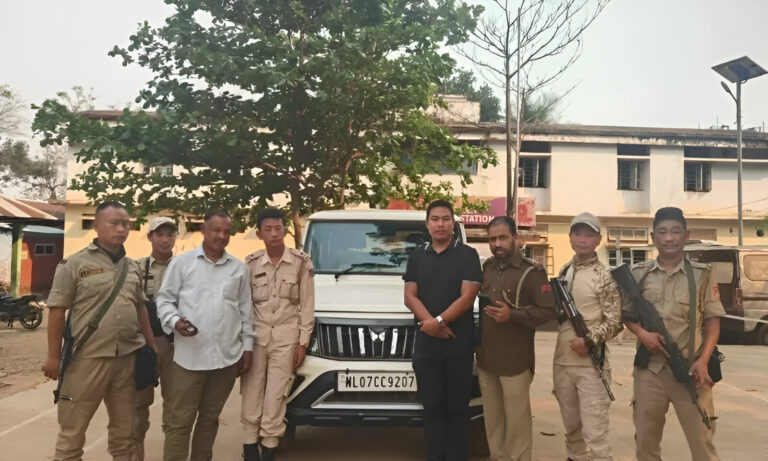Manipur Directs Forest Officials to Check Poppy Cultivation
The Manipur government has issued a directive asking forest officials to remain on high alert and step up vigilance against illegal poppy cultivation ahead of the sowing season (September–April). The order — signed by Principal Chief Conservator of Forests Anurag Bajpai on September 8 — instructs Divisional Forest Officers (DFOs) to carry out regular patrolling, use drone surveillance in coordination with police, and destroy any identified poppy plots under prescribed procedures involving district administration, police, the Narcotics and Affairs of Borders (NAB) unit and paramilitary forces. The notification reminded officers that poppy farming on forest land contravenes the NDPS Act, 1985, the Indian Forest Act, 1927, and the Van (Sanrakshan Evam Samvardhan) Adhiniyam.
What the order actually instructs — the practical steps
Let’s translate the legalese into actionable steps. According to the government order:
- DFOs must keep a strict vigil in their territories and step up regular patrolling to spot any poppy plots.
- Officials are instructed to use drone surveillance in coordination with local police to detect suspicious cultivation in forested or remote areas.
- Immediate destruction of any identified poppy cultivation is mandated, following standard operating procedures and in coordination with district administrations, police, the NAB unit, and paramilitary forces where necessary.
- The order explicitly reminds officers that poppy cultivation on forest land violates NDPS Act, 1985, the Indian Forest Act, 1927, and the Van (Sanrakshan Evam Samvardhan) Adhiniyam, giving the directive legal teeth.
FAQs
Q1: Who issued the order and when was it signed?
A1: The Principal Chief Conservator of Forests, Anurag Bajpai, issued the directive in an order dated September 8, 2025, asking all territorial DFOs to step up vigilance ahead of the poppy sowing season.
Q2: Why does the order mention drones — are they legal to use in local forest patrols?
A2: The order recommends drone surveillance to detect suspicious cultivation in remote or forested areas. Drones are legal for official use if flown under the government’s drone regulations and coordinated with police; their use improves detection in difficult terrain. The directive explicitly asks DFOs to coordinate drone use with local police.
Q3: What laws make poppy cultivation illegal in Manipur?
A3: Poppy cultivation on forest land violates several laws cited in the order: the NDPS Act, 1985 (narcotics regulation), the Indian Forest Act, 1927 (forest protection), and the state-level Van (Sanrakshan Evam Samvardhan) Adhiniyam (forest conservation). These legal provisions empower officials to destroy illicit crops and prosecute offenders.
Q4: Will the government provide alternatives to farmers who rely on poppy for income?
A4: The order itself focuses on detection and destruction; it does not detail livelihood packages. However, experts and past experience suggest that for eradication to be sustainable, parallel alternative-livelihood programs (high-value legal crops, skill training, market linkages) are essential. Observers should watch for follow-up announcements from state departments offering such support.
Q5: Could this directive lead to clashes between officials and villagers? How will the state prevent that?
A5: Enforcement actions risk confrontation if not handled sensitively — especially where local communities depend on the crop or where land records are disputed. The order’s emphasis on inter-agency coordination (district administration, police, NAB, paramilitary support) and legal backing aims to ensure enforcement is backed by security and legitimacy. To reduce clashes, authorities should prioritise clear communication, grievance mechanisms and compensation or alternatives for affected households.



